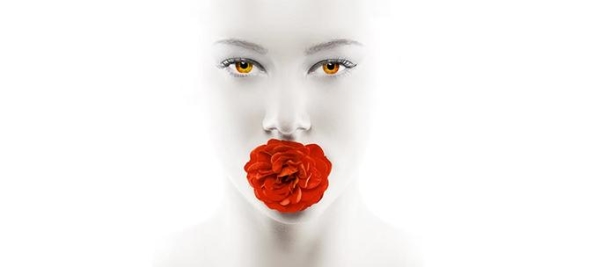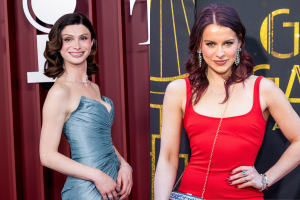Guest Blog: Award-winning playwright Kaite O'Reilly on Woman of Flowers
O’Reilly talks about the processes she went through for her latest work including writing the lead part for Sophie Stone – the first Deaf actor ever to graduate from RADA

There comes a time in many peoples’ lives when we question the ‘truths’ we are told, discovering certain ‘facts’ are actually lies. Some are well-intentioned acts of kindness to save feelings, shelter the vulnerable, or sweeten the harsher realities of existence (death is but a sleep; Father Christmas lives on in us all….). Others are more manipulative, creating a worldview, or ‘official’ version of events to benefit specific parties. Perspective is all; history is written by the victors.
As a reader and writer I have long been enthralled by the power of words and the way the big things – belief and value systems, lineages, diagnoses, and meaning itself is created by, in, and through these malleable units. Stories provide us with a foundation to stand on, an answer to the perennial questions of ‘where did I come from?’ and ‘why am I here?’ But what happens when you suddenly start doubting everything you have been told about your origins and purpose in life? What happens when these ‘truths’ are the very opposite – and you realise you may not have to follow the path already decided for you?
‘Woman of Flowers’ was inspired by the fourth branch of the Welsh ancient text The Mabinogion – and in particular the storyteller Gwydion, and his creation, the ‘perfect’ woman. In the original, Blodeuwedd – literally ‘flower face’ – is created from the flowers of the forest to be wife to Gwydion’s cursed charge, but the woman reared for duty falls in love with another and plots to kill her husband. As punishment, she is transformed into an owl, a bird so ‘unnatural’ and hated by its own kind it has to hide its face by day and hunt by night.
My challenge in this commission from Forest Forge Theatre Company was how to reignite the old myth without resorting to wizards or the supernatural, and find a contemporary interpretation with resonance for our times. It is a reinvention rather than adaptation, and knowledge of the original is not necessary, but might bring an additional level to this multi-layered story, where nothing is quite what it seems.
The power of words is a central motif – and my original concept for the piece uses spoken, projected, and signed language. I’ve worked for over twenty years with Deaf performers, and in Woman of Flowers we combine spoken and spatial languages. Director Kirstie Davis, performer Sophie Stone, BSL creative consultant Jean St Clair and I transformed sections of the English text into visual language, where meaning is sculpted in air. As a playwright, this is a great pleasure, exploring modes of storytelling and different form, from sparse dialogue and manipulative rhetoric, to lyrical leaps with the signing hand.
‘What are we, but stories?’ the patriarch Gwynne asks at one point in the play, and perhaps my discovery has been how one story can take on multiple appearances and variations. The ‘truth’ is shape-shifting and ambiguous, dependant on whose mouth or signing hands the story comes out of.
Woman of Flowers opens at The Pleasance in Islington on Monday 22nd September for a three night run before going on tour.












